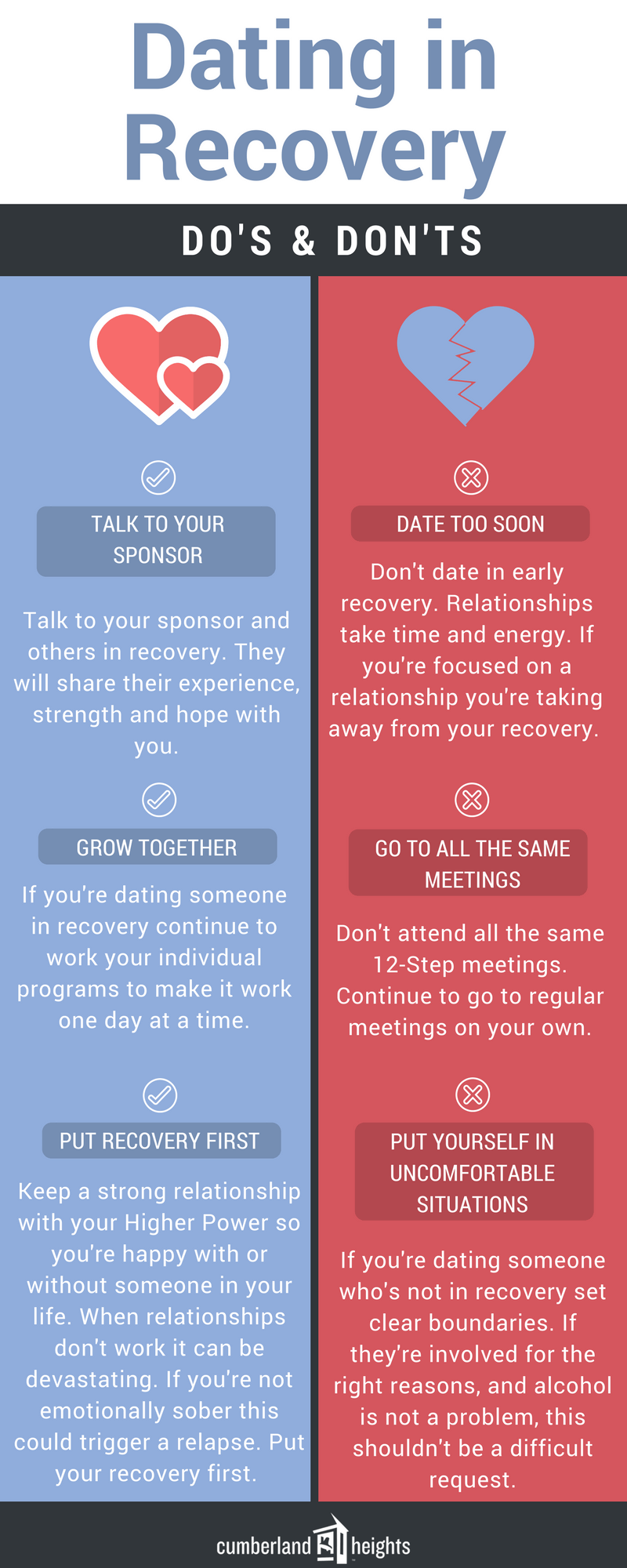Find Out Exactly How To Develop A Solid Aftercare Plan After Drug Rehabilitation And Accomplish Long-Lasting Success
Find Out Exactly How To Develop A Solid Aftercare Plan After Drug Rehabilitation And Accomplish Long-Lasting Success
Blog Article
Uploaded By-Clarke Mcclain
You have actually finished drug rehab, and now it's time to create a successful aftercare plan to ensure your long-lasting recuperation.
Photo this: you're an individual figured out to stay clean and build a meeting life. This write-up will certainly assist you through determining recurring support systems, including therapy and counseling, and creating healthy coping devices.
With these techniques, you'll be furnished to prosper in your trip of sobriety.
Let's get started.
Identifying Ongoing Assistance Systems
You ought to determine at least three recurring support systems to make sure an effective healing after drug rehabilitation.
The very first support system is your family and friends. They can provide emotional support, encouragement, and assist you remain liable. They can also provide a safe and understanding environment where you can share your battles and success.
The second support system is your therapist or therapist. https://postheaven.net/euna7marylyn/the-crucial-role-of-family-members-in-drug-addiction-treatment can help you resolve any underlying issues that might have added to your addiction and offer assistance on how to stay clear of regression. WhiteSands drug rehab 33619 can additionally instruct you dealing systems and healthy and balanced means to manage stress.
simply click the up coming internet page is a support group or a sober community. Being bordered by others who are experiencing comparable experiences can be incredibly helpful. They can provide a feeling of belonging, comprehending, and deal valuable recommendations and support.
Incorporating Therapy and Therapy
To achieve a successful healing, it is very important for you to proactively participate in therapy and counseling sessions, as well as integrate them into your ongoing support group. By doing so, you can optimize the advantages of these treatment methods and increase your chances of maintaining long-term soberness.
Here are some vital reasons that including treatment and counseling into your aftercare strategy is crucial:
- ** Emotional Support: ** Therapy and counseling offer a risk-free area for you to share your ideas, sensations, and battles related to your dependency. It permits you to work through any unsolved concerns and establish healthy coping mechanisms.
- ** Relapse related web-site : ** These sessions equip you with the needed tools and techniques to avoid relapse. They aid you determine triggers, establish dealing skills, and develop a solid structure for managing desires and stress.
- ** Personal Development: ** Treatment and counseling promote personal growth and self-discovery. They help you acquire insight right into the underlying sources of your dependency, enhance self-confidence, and establish healthier connections.
Establishing Healthy And Balanced Coping Devices
Throughout therapy and counseling sessions, it's critical to actively work on developing healthy and balanced coping systems in order to properly handle anxiety and challenges.
You need to identify and comprehend your triggers, those points that trigger you distress or stress and anxiety. By identifying these triggers, you can develop approaches to manage them in a healthy and balanced method. This may entail exercising deep breathing workouts, engaging in exercise, or locating an imaginative electrical outlet to express your emotions.
It is very important to also border yourself with a solid support group of family and friends who can supply encouragement and support.
Moreover, self-care tasks such as obtaining adequate sleep, eating well, and practicing relaxation strategies can greatly add to your overall well-being.
Verdict
In the journey towards recuperation, creating a successful aftercare strategy is like often tending to a delicate garden. Equally as a gardener supports each plant with treatment and attention, so also must one cultivate ongoing support systems, incorporate treatment and therapy, and create healthy coping mechanisms.
By doing so, the seeds of recovery will bloom into a growing garden, offering a solid foundation for a brighter, drug-free future.
